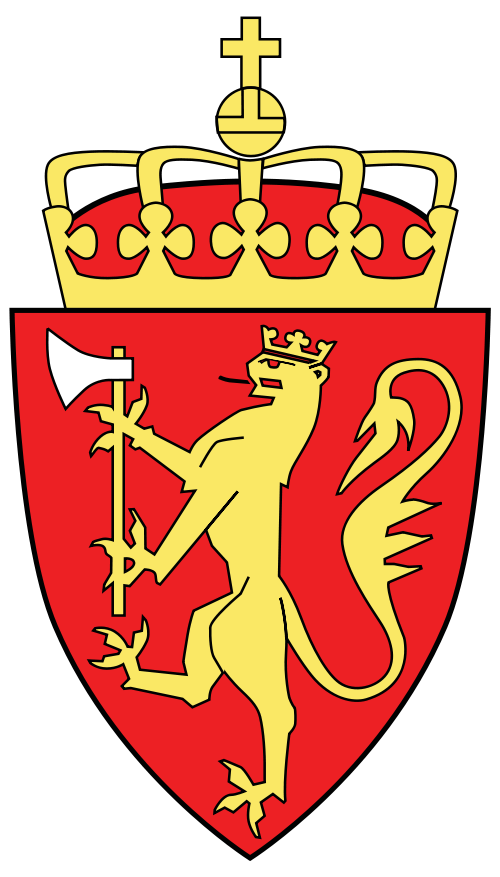Tag: Norway
-
Adalah-NY: Norway Divests from Leviev Companies Due to Israeli Settlement Construction
Adalah-NY FOR IMMEDIATE RELEASE New York, NY – In a major victory for the international movement for Boycott, Divestment and Sanctions (BDS) against Israel, the Norwegian government announced today that it has divested from Lev Leviev’s company Africa Israel Investments and its construction subsidiary Danya Cebus due to their construction of Israeli settlements in the…
-
Why stop with Elbit?
Amira Hass | Ha’aretz 9 September 2009 The question is not why Norway divested from the defense electronics giant Elbit Systems, but why only now, and why only from that company? The country that gave the name of its capital city to what the world thought of as a peace process is still invested in…
-
Oslo pressured to dump Africa Israel as well
Nimrod Halpern | Ha’aretz 7 September 2009 A day after Norway announced its divestment from holdings in electronics defense company Elbit Systems for ideological reasons, human rights organizations are calling on Oslo to dump its holdings in Africa Israel Investments as well. Norway’s problem with Elbit Systems is its provision of equipment to monitor the…

